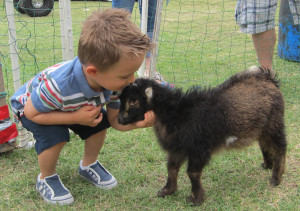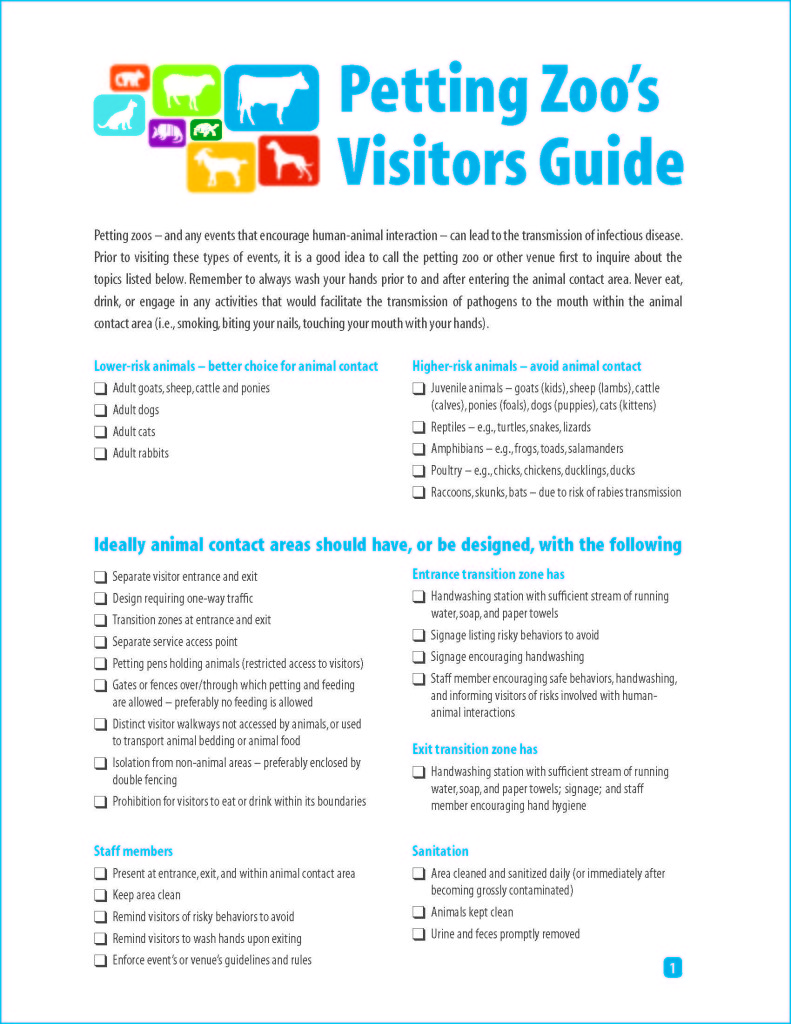The family of a girl left fighting for her life after contracting E.coli at a children’s petting farm five years ago today said they were finally able to move on after receiving a share of £1 million in compensation.
 Lucy Erskine’s children Niall, Claudia and Evan were among 76 children who fell ill after visiting Godstone Farm in Surrey in 2009. Niall and Evan had mild infections but Claudia, then aged six, suffered acute kidney failure and spent three weeks in hospital.
Lucy Erskine’s children Niall, Claudia and Evan were among 76 children who fell ill after visiting Godstone Farm in Surrey in 2009. Niall and Evan had mild infections but Claudia, then aged six, suffered acute kidney failure and spent three weeks in hospital.
Now 11, Claudia has recovered but her mother said there remains a possibility she could suffer health complications in future. She will need to be monitored for the rest of her life.
During the family’s visit to the farm the children were encouraged by employees to go into enclosures and pet goats, pigs, chickens and donkeys.
Claudia fell ill a week later and was rushed to the paediatric renal unit at Evelina Children’s Hospital in London, where one third of the ward was taken up by the victims of one of Britain’s biggest ever E.coli outbreaks.
For three weeks she was given dialysis and fed through a tube. She needed three blood transfusions.
In a landmark legal ruling, the owners of Godstone Farm were last month found wholly liable for the cases because the antibacterial hand gels provided were not powerful enough to kill off the virulent O157 strain of bacteria.
Claudia and another nine of the most badly affected children have been awarded payouts in an out-of-court settlement said to total almost £1 million.
The awards, to be paid by the Surrey farm’s insurers, are provisional so the children can seek further compensation should their condition deteriorate. Judge Sir Colin Mackay at London’s High Court approved the settlement as sensible and fair.
Jill Greenfield, solicitor at Fieldfisher, which represented the 10 families, today called for an accreditation scheme for petting farms which she said would “give parents some level of reassurance and allow them to decide whether or not to take their children to a particular farm.”
Best practices for planning events encouraging human-animal interactions
03.Apr.14
Zoonoses and Public Health
G. Erdozain , K. KuKanich , B. Chapman and D. Powell
http://onlinelibrary.wiley.com/doi/10.1111/zph.12117/abstract?deniedAccess
Educational events encouraging human–animal interaction include the risk of zoonotic disease transmission. It is estimated that 14% of all disease in the US caused by Campylobacter spp., Cryptosporidium spp., Shiga toxin-producing Escherichia coli (STEC) O157, non-O157 STECs, Listeria monocytogenes, nontyphoidal Salmonella enterica and Yersinia enterocolitica were attributable to animal contact. This article reviews best practices for organizing events where human–animal interactions are encouraged, with the objective of lowering the risk of zoonotic disease transmission.

